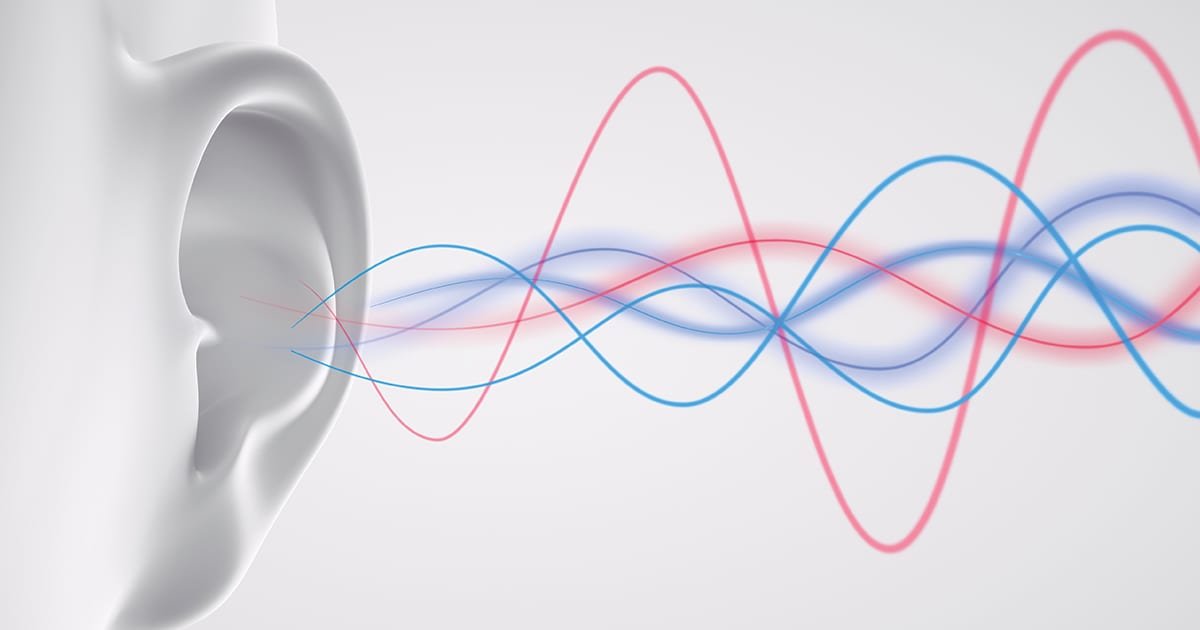 Hearing loss can be inherited from one or both parents who may or may not experience hearing loss themselves. Estimates predict that nearly half of those with hearing loss have inherited it genetically.
Hearing loss can be inherited from one or both parents who may or may not experience hearing loss themselves. Estimates predict that nearly half of those with hearing loss have inherited it genetically.
Genetic hearing loss can be present at birth or can show up later in life in one or both ears. Inherited hearing loss varies in severity — from deafness to mild hearing loss — and can be associated with other physical conditions.
Like non-genetic hearing loss, genetic loss can be one of three types:
- Conductive hearing loss is due to problems with the ear canal, ear drum, or middle ear and its bones (the malleus, incus and stapes).
- Sensorineural hearing loss is due to problems of the inner ear, also known as nerve-related hearing loss.
- Mixed hearing loss refers to a combination of conductive and sensorineural hearing loss. There may be damage in the outer or middle ear and in the inner ear (cochlea) or auditory nerve.
Genetic hearing loss present at birth is often tied to other conditions as a person ages. One example is Pendred syndrome, a genetic disorder that causes sensorineural hearing loss in children and can lead to thyroid gland issues and balance problems. Named after Vaughan Pendred, the physician who first recognized the disorder, it is the most common hearing loss that forebodes problems with other parts of the body.
Pendred syndrome predated numerous studies that have proven that untreated hearing loss can lead to a host of emotional and physical complications. As hearing health continues to be linked to good overall health, scientists also seek solutions to minimize the consequences of genetic hearing mutations.
What Does Hearing Loss Sound Like
Visit one of our trusted partners, Phonak, to listen to a hearing loss simulator that compares three levels of hearing (normal, mild loss and severe loss) as you listen to several common sounds (sounds of nature, the city, a phone ringing, speech, music).

